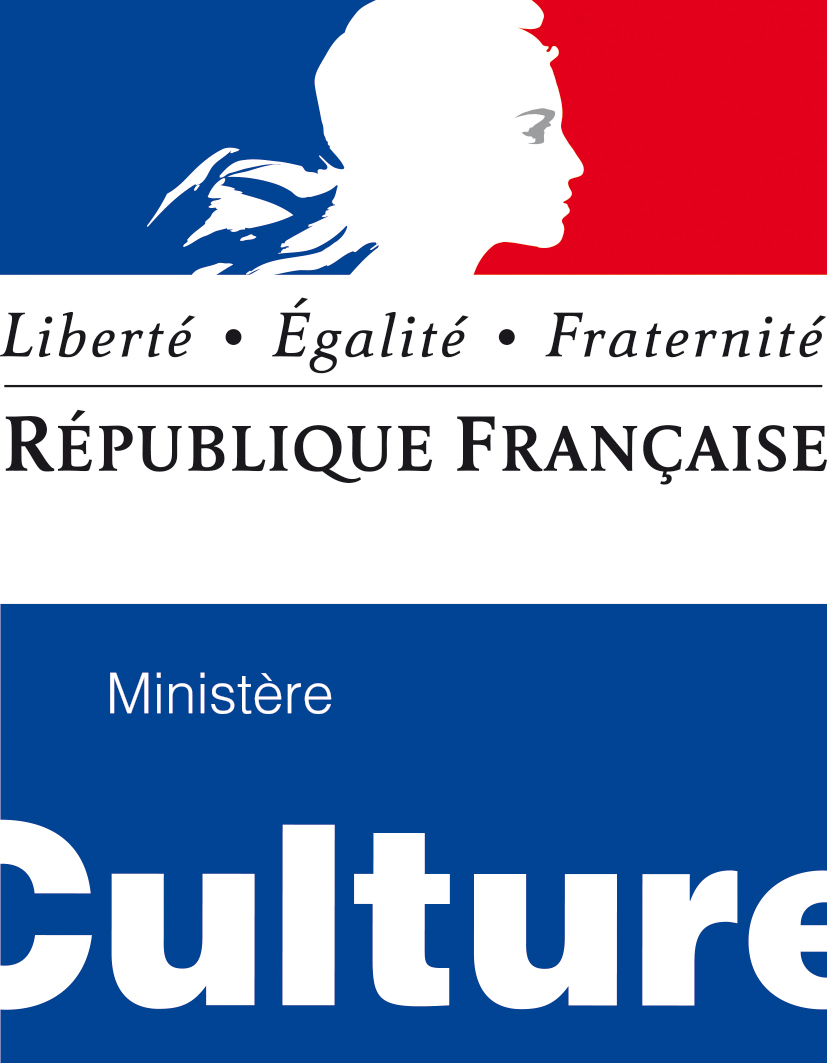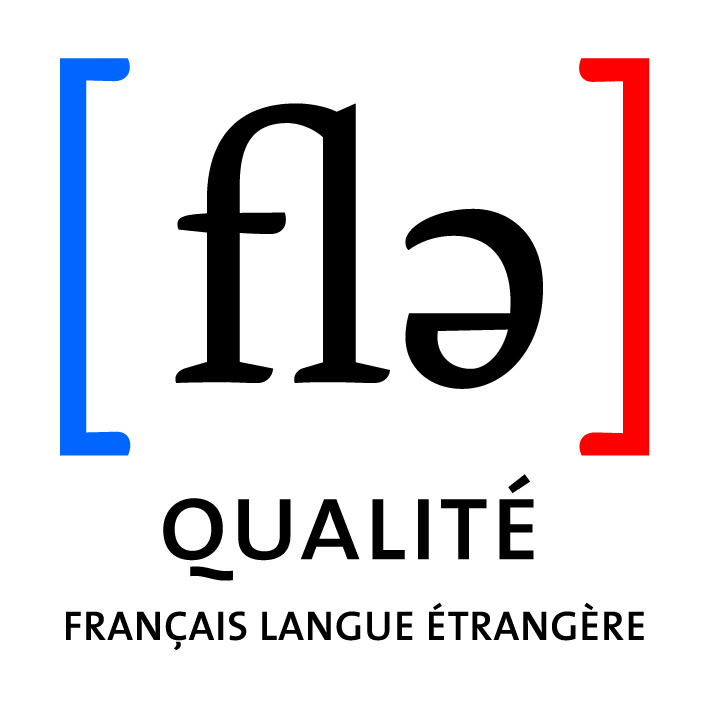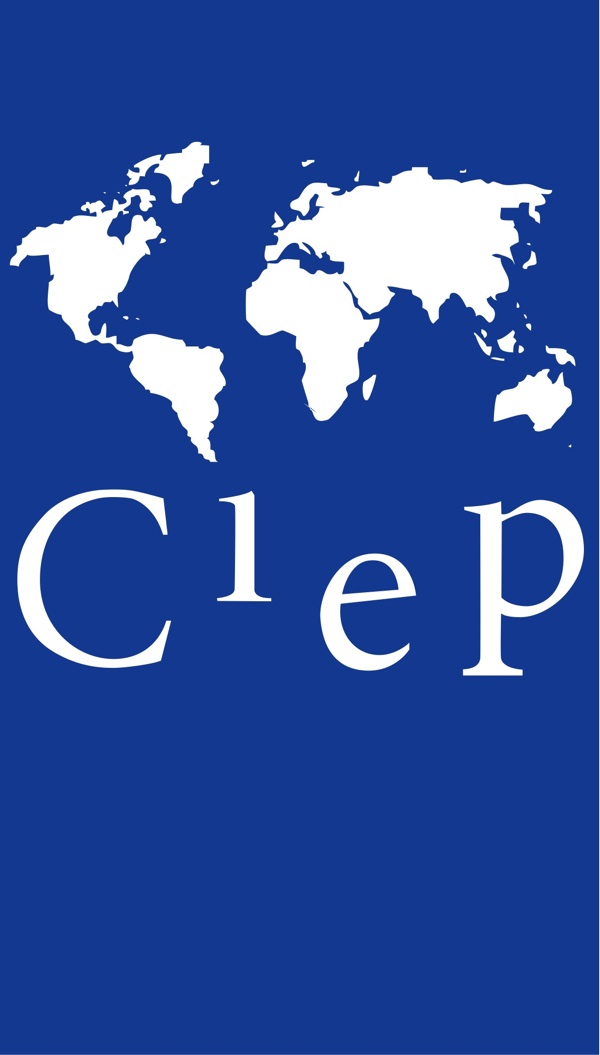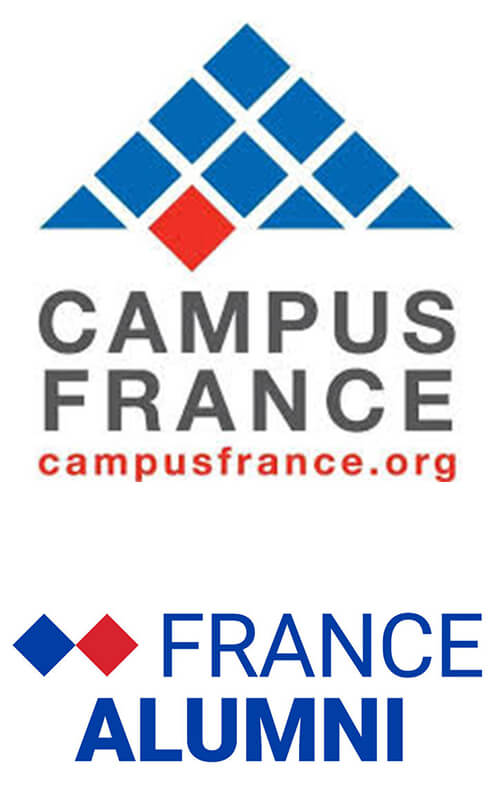Home - Our partners
Home - Our partners

General Delegation for the French Language and the Languages of France (DGLFLF)
The General Delegation for the French Language and the Languages of France (DGLFLF) is responsible for leading and coordinating the Government’s language policy and directing its development in a way that is conducive to maintaining social cohesion and the diversity of our society.
As an interministerial service directly attached to the French Minister of Culture, the DGLFLF is made up of some thirty officials and brings together a range of partners, public or private, involved in the promotion of French and linguistic diversity. A partnership agreement has been signed between the Fondation Alliance Française and the French Ministry of Culture for the implementation of initiatives within the ‘Alliances Françaises de France’ network, with two objectives in mind:
– Promote culture for populations who do not have easy access to it
– Develop initiatives that make culture a vehicle for learning and mastering the French language, particularly for migrants, newcomers and refugees. For this purpose, 7 Alliance Française centres in France have developed 10 projects, funded with the support of the French Ministry of Culture – DGLFLF (Le Cavilam, Montpellier, Rouen, Strasbourg, Toulouse, Tours, Wasselonne).

As a state-certified label administered by the ‘Centre international d’études pédagogiques’, the aim of the ‘Qualité français langue étrangère’ label is to identify and promote French as a foreign language learning centres whose language courses and services are guaranteed to be of the highest quality. There are now nearly 115 accredited centres of all statuses throughout France, enabling more than 140,000 learners to find a centre each year that offers the courses they are looking for.
Created by a decree in 2007, the label is awarded by the French Ministry of Higher Education, Research and Innovation, the French Ministry of Culture and the French Ministry of Europe and Foreign Affairs. Beyond its primary aim of providing high-quality French language courses in French language centres throughout France, the label also helps centres to develop a progressive approach to improving the quality of their services – whether or not these centres are candidates for certification – provided that all the tools are available and can be used for self-assessment.

Created in 1945, the CIEP is an operator of the Ministry of National Education.
Its missions, which are part of the government’s priorities for international cooperation, revolve around three areas of activity:
– cooperation in the fields of education, vocational training and the quality of higher education;
– Support for the dissemination of the French language in the world, by training trainers and educational executives and by issuing French certifications;
– The international mobility of people, through exchange programs for language assistants and professors as well as the issuance of certificates of comparability of foreign diplomas.
To carry out its actions, it relies on the know-how of a team of 250 people, as well as on a network of more than 1000 experts and national and international partners.

Campus France supports the appeal of French higher education by promoting it to foreign students. Its other roles are to manage French and foreign government scholarship holders, facilitate the implementation of tailored scholarship programs and support foreign students and researchers.
Overseas, the embassies’ cooperation departments are responsible for implementing these initiatives to promote the French government’s scholarship and scholarship selection programmes. Under the authority of the cooperation and cultural development agents, the 256 Campus France Centres located in 125 countries also serve as liaisons for Campus France.
Campus France manages the France Alumni platform, which is run locally by embassies. This network of former foreign students, which currently has more than 265,000 members (www.francealumni.fr), allows them to maintain contact with France, exchange with one another, participate in events and access numerous job offers.
The main missions of Campus France are as follows:
Promote and make French higher education more attractive
Encourage and facilitate international student mobility
Welcome and support international students and researchers
Analyze and observe international mobility
Lead and federate partner networks
Campus France is under the joint authority of the French Ministries of Foreign Affairs and Higher Education, Research and Innovation.